Departments - MICROBIOLOGY - Activities
| S.NO | ACADEMIC YEAR | ACTIVITIES REPORT LINK |
|---|---|---|
| 1 | 2020-21 | CLICK HERE |
| 2 | 2021-22 | CLICK HERE |
| 3 | 2022-23 | CLICK HERE |
| 4 | 2023-24 | CLICK HERE |
| 5 | 2024-25 | CLICK HERE |
FIELD VISIT TO VIJAYA DIARY INDUSTRY IN KHAMMAM ON 20-09-2024
Introduction:
As a part of enabling the Experiential learning to the students, the department of Microbiology took the students to field visit to the Vijaya Diary Industry, Khammam. The purpose of the trip was to provide students with practical insights into the dairy industry, its operations, and its significance in the local economy.
Objectives:
1. To observe the various processes involved in dairy production, from milking to packaging.
2. To understand the technological advancements and best practices employed in dairy farming and processing.
3. To learn about the economic and social impact of the dairy industry on the region.
4. To interact with industry professionals and gain insights into career opportunities in the dairy sector.

Activities:
Upon arrival at the dairy industry, students were greeted by the management team who provided an overview of the facility and its operations. The itinerary included the following activities:
1. Facility Tour: Students were taken on a guided tour of the entire facility, including the milking parlors, processing units, quality control labs, and packaging section. First they observed the various stages involved in dairy production, from raw milk collection to the final product.
2. Interactive Sessions: Industry experts conducted interactive sessions where they explained the technological innovations and best practices adopted in dairy farming and processing. Students had the opportunity to ask questions and engage in discussions on topics such as hygiene standards, and product diversification.
3. Quality Assurance Demonstration: A demonstration on quality assurance and food safety measures was conducted, highlighting the importance of maintaining high standards throughout the production process. Students learned about quality control tests conducted at different stages to ensure the safety and purity of dairy products.
4. Career Guidance: The trip also included a career guidance session where students learned about the diverse career opportunities available in the dairy industry, including roles in production management, quality control, marketing, and research & development.
Conclusion:
The field trip to the Vijaya Dairy industry, Khammam proved to be an enriching and educational experience for the students. It provided them with valuable insights into the dairy production process, technological advancements, and career opportunities in the industry. The trip also underscored the importance of the dairy sector in the local economy and its role in providing livelihoods to rural communities. Overall, it was a memorable learning experience that complemented the theoretical knowledge gained in the classroom.
Teaching – Learning Practices:
- Experiential Learning: Learning through direct experience and reflection.
Activities: By observing the dairy processes in real-time, engaging in hands-on activities, and participating in quality control tests.
Benefits: Provides a deeper understanding of concepts through practical application, enhances retention, and fosters critical thinking.
- Observational Learning: Learning by watching others and noting behaviours,
Processes and outcomes.
Activities: Watching employees operate machinery, observing the milk processing stages, and seeing quality control checks in action.
Benefits: Helps students to understand procedures and protocols, allows them to visualize theoretical concepts, and provides real-world context.
- Inquiry-Based Learning- Learning driven by questioning, investigation, and
problem-solving.
Activities: Asking questions about processes, investigating how different machinery works, and exploring the reasons behind specific quality control measures.
Benefits: Encourages curiosity, develops problem-solving skills, and fosters a deeper understanding of the subject matter.
- Collaborative Learning-Learning through interaction and collaboration with
Peers and industry professionals.
Activities: Group discussions during and after the visit, collaborative note-taking, and joint presentations.
Benefits: Enhances communication and teamwork skills, allows for diverse perspectives, and improves understanding through peer learning.
Thanks to the Director, Vijaya Diary Khmmam For giving this Opportunity.
Thanks to the Gurukulam.
STUDENT SEMINAR
 Student Seminars allows students to gain a better understanding of the material and to develop their research, presentation, and critical thinking skills. Students become more confident and independent. Attending a seminar has numerous benefits, including improving communication skills, gaining expert knowledge, networking with others and renewing motivation and confidence. Additionally, attending seminars can also help students to network with their peers and instructors, and to learn about current research and developments in their field of study.
Student Seminars allows students to gain a better understanding of the material and to develop their research, presentation, and critical thinking skills. Students become more confident and independent. Attending a seminar has numerous benefits, including improving communication skills, gaining expert knowledge, networking with others and renewing motivation and confidence. Additionally, attending seminars can also help students to network with their peers and instructors, and to learn about current research and developments in their field of study.
GROUP QUIZZES
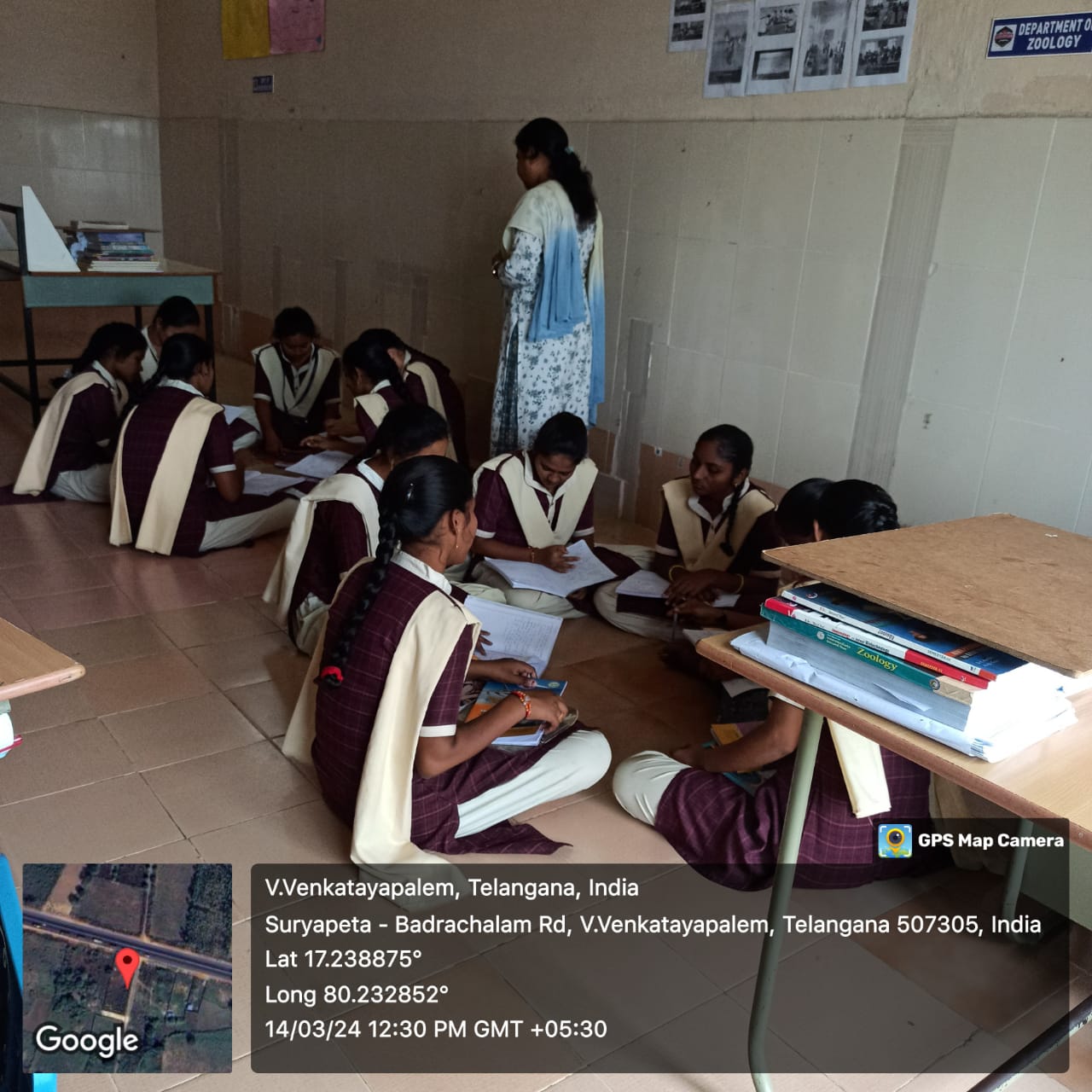
- Evaluating a student’s understanding of a subject
- Assessing an employee’s knowledge of company policies and procedures
- Providing feedback to a person on their strengths and weaknesses
- Testing a person’s general knowledge or trivia skills
- Televised for entertainment purposes, often in a game show format.
LAB ACTIVITIES
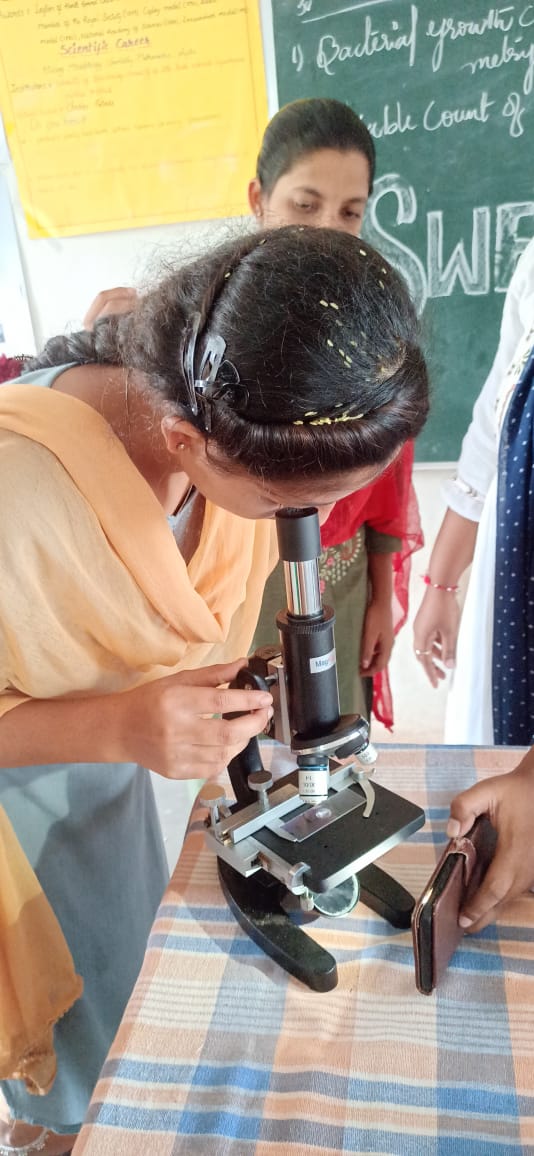
The exercises in this laboratory manual are designed to engage students in hand-on activities that reinforce their understanding of the microbial world. Topics covered include: staining and microscopy, metabolic testing, physical and chemical control of microorganisms, and immunology. The target audience is primarily students preparing for a career in the health sciences, however many of the topics would be appropriate for a general microbiology course as well.
WRITTEN TESTS
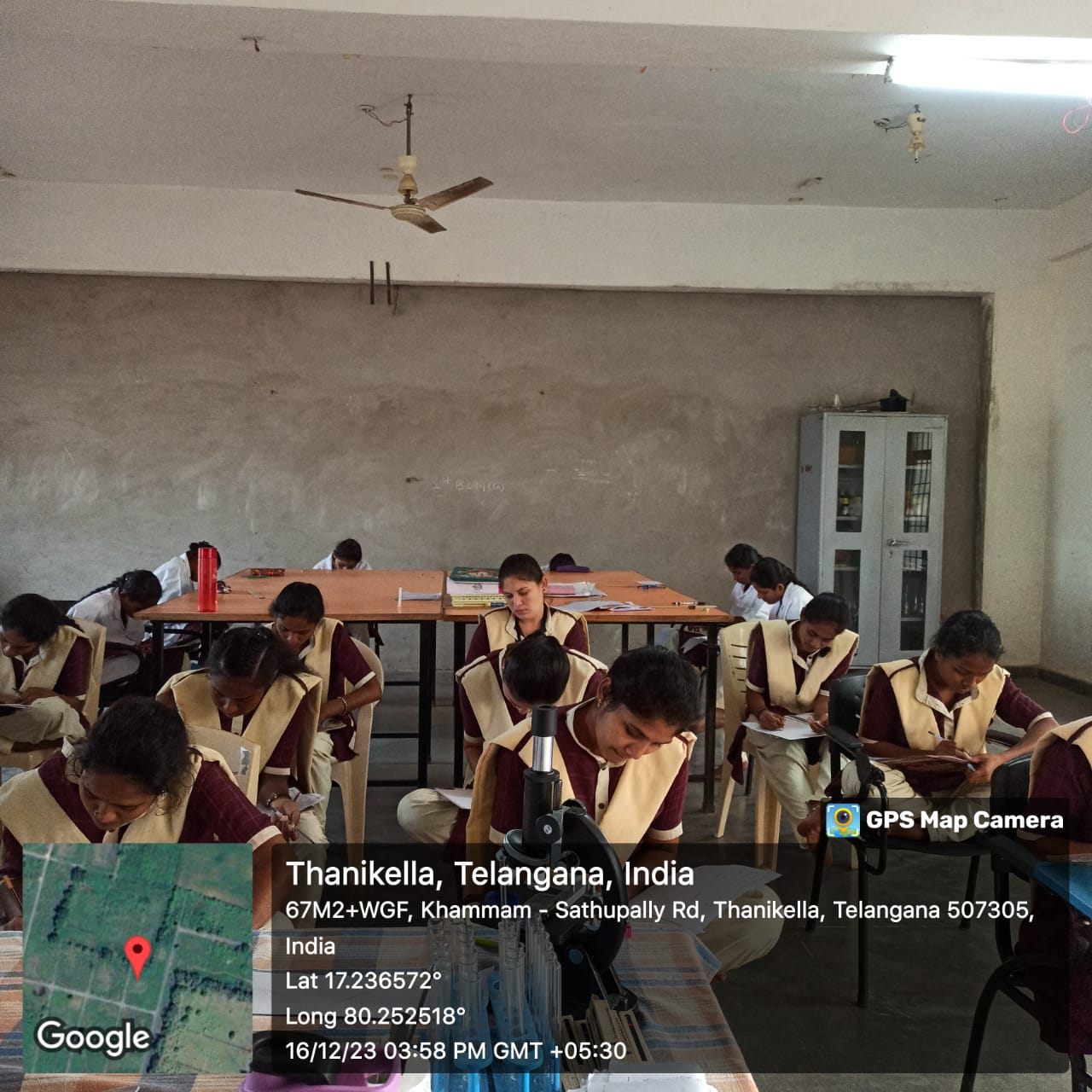
- Written tests are effective tools for assessing students’ understanding of subject matter. They evaluate how well students have grasped concepts, theories, and facts.
- These tests allow instructors to gauge the depth of knowledge and retention of information.
Written exams provide an objective way to measure student performance. The questions are structured, and answers are evaluated based on predetermined criteria.
GROUP PROJECTS

More hands make for lighter work.” “Two heads are better than one.” “The more the merrier.”
These adages speak to the potential groups have to be more productive, creative, and motivated than individuals on their own.
- Break complex tasks into parts and steps
- Plan and manage time
- Refine understanding through discussion and explanation
- Give and receive feedback on performance
- Challenge assumptions
- Develop stronger communication skills.
PG CLASSES
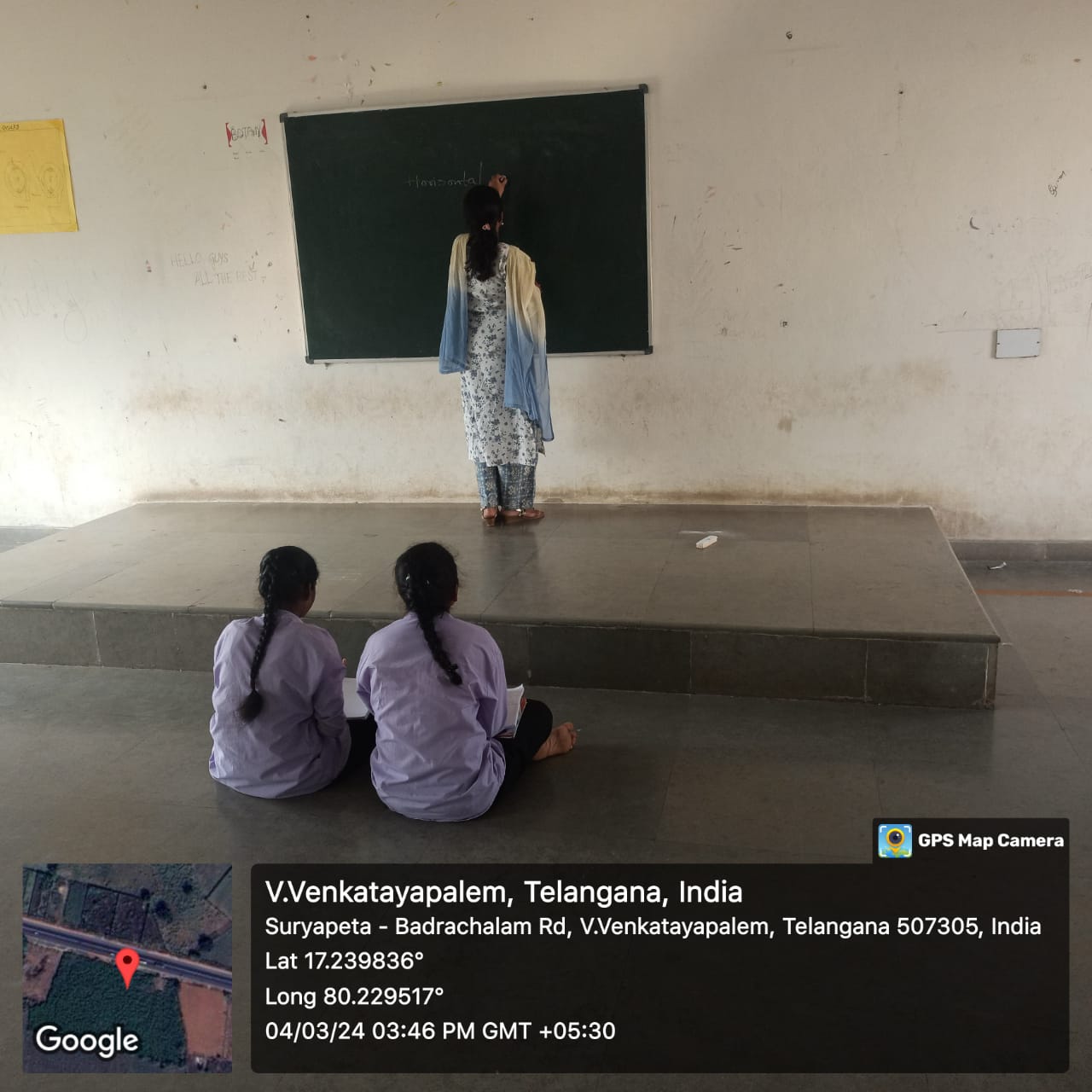 MICROBIOLOGY PG Entrance Coaching plays a pivotal role in shaping the future of lab practitioners. With its comprehensive study materials, interactive live classes, doubt clearance sessions, and personalized attention, coaching programs pave the way for success in the CPGET examination to get in the best university for post graduation.
MICROBIOLOGY PG Entrance Coaching plays a pivotal role in shaping the future of lab practitioners. With its comprehensive study materials, interactive live classes, doubt clearance sessions, and personalized attention, coaching programs pave the way for success in the CPGET examination to get in the best university for post graduation.
REMEDIAL CLASSES
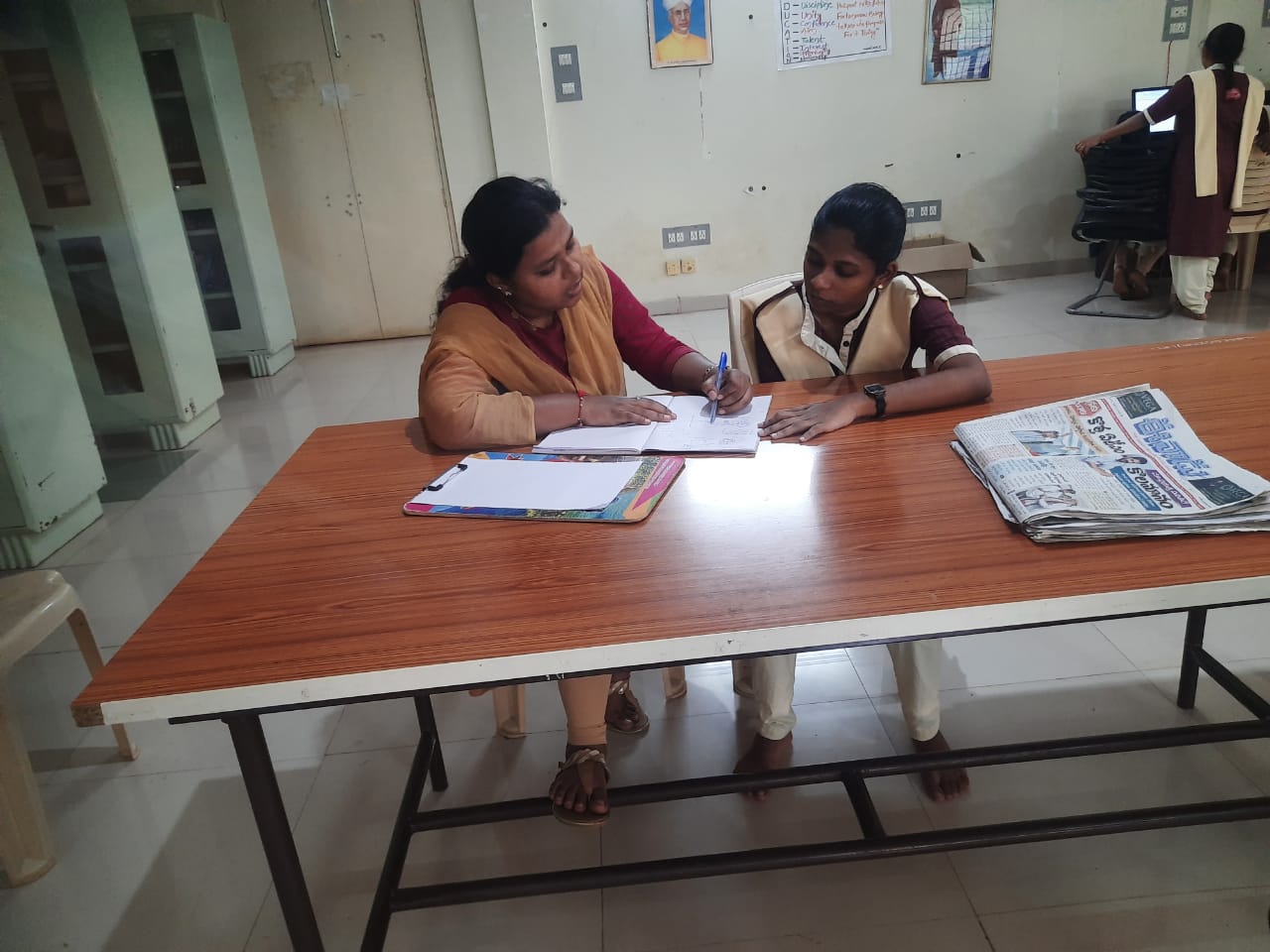 All students, including those with poor performance need Remedial classes and it sometimes called developmental courses and are classes students must take to build skills before they are allowed to take regular college classes. we can assist students who are struggling with advanced concepts in fully comprehending the fundamentals of a subject These programs tend to be most helpful to students with gaps in their learning because of frequent absences or trouble with focus. But some students may not make a lot of progress in remedial programs. but we microbiology lectureres focuses on their cause of lack of interaction to make them better in future.
All students, including those with poor performance need Remedial classes and it sometimes called developmental courses and are classes students must take to build skills before they are allowed to take regular college classes. we can assist students who are struggling with advanced concepts in fully comprehending the fundamentals of a subject These programs tend to be most helpful to students with gaps in their learning because of frequent absences or trouble with focus. But some students may not make a lot of progress in remedial programs. but we microbiology lectureres focuses on their cause of lack of interaction to make them better in future.
